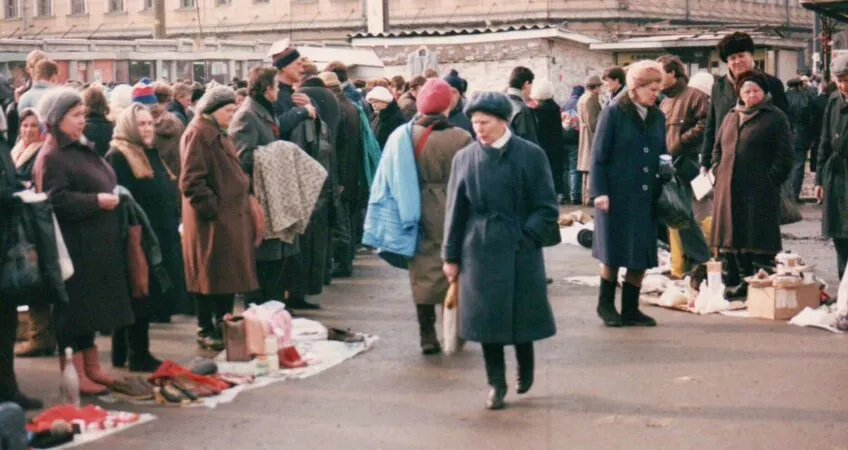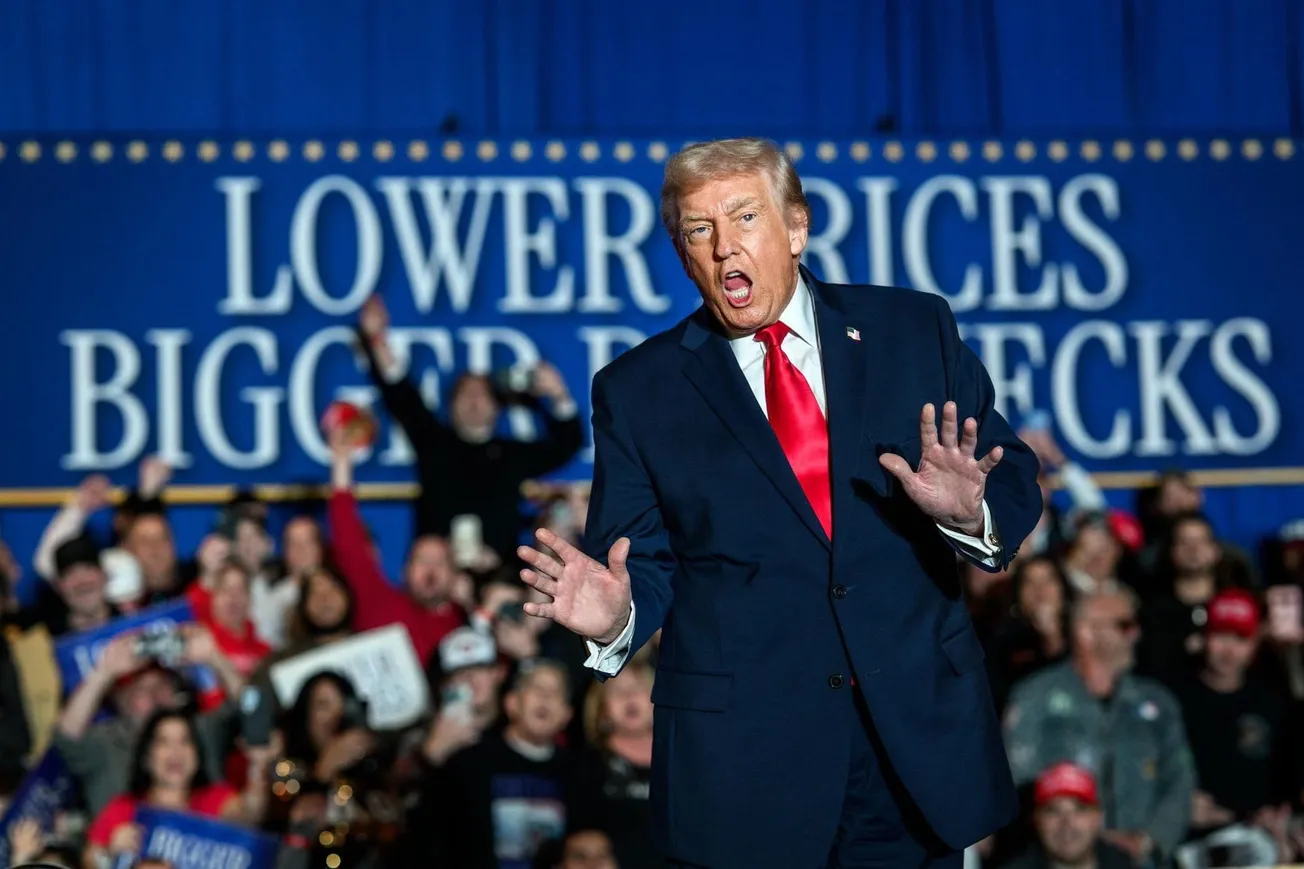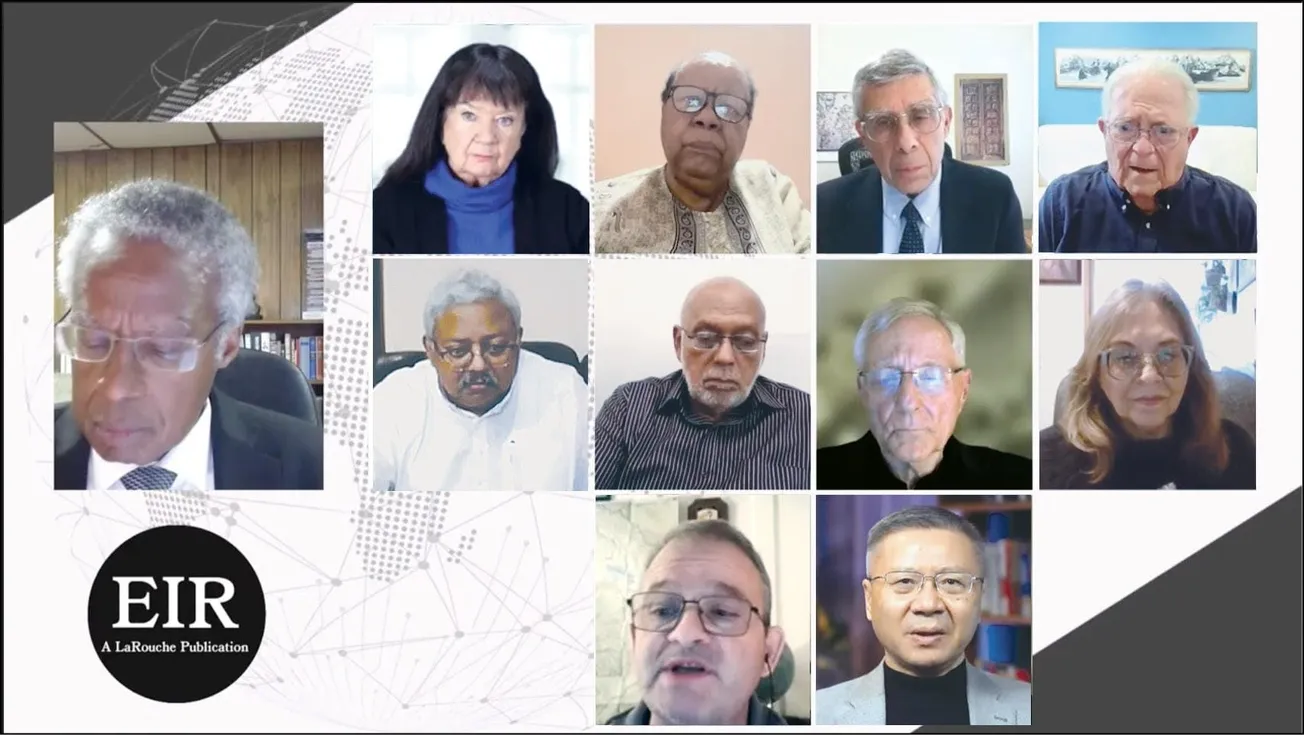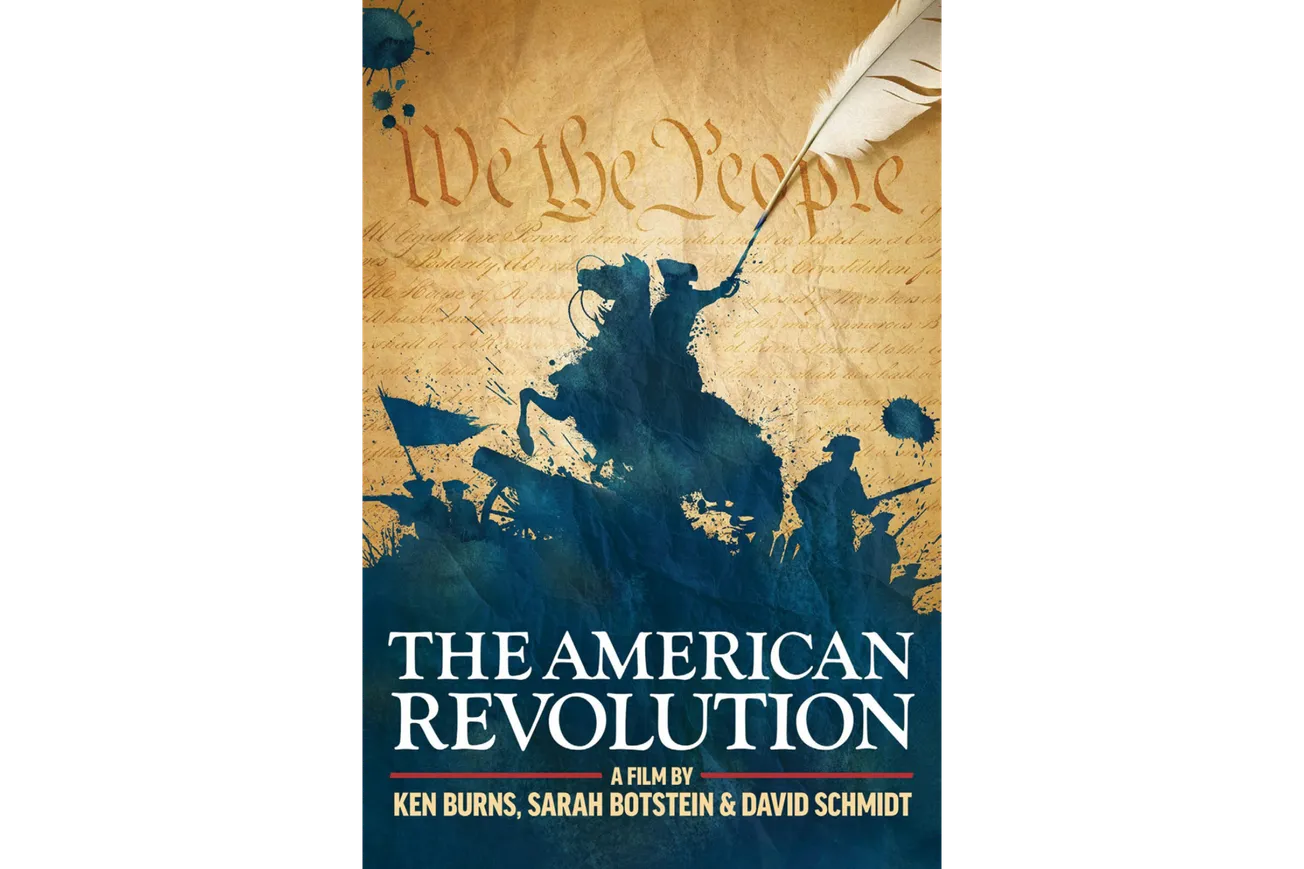Dec. 27—On March 28, 1994, as the British-United States “shock therapy” economic policy was depopulating post-Soviet Russia, a critique of that policy was drafted by the chief political analyst at the U.S. Embassy in Moscow. The memo, drafted by E. Wayne Merry, was not distributed, and remained suppressed for thirty years. It was said by some at the Embassy that it was buried for fear that it “might give Larry Summers a heart attack.” Summers was at the time the Under Secretary for International Affairs in President Bill Clinton’s Treasury Department, running the “Harvard mafia” of economists pushing the radical privatization, neoliberal “shock therapy” approach to transform the post-Soviet economy.

Following an FOIA suit filed by the National Security Archive, Merry’s memo was published on Dec. 18, 2024, under the title “The Long Telegram of the 1990s: ‘Whose Russia Is It Anyway? Toward a Policy of Benign Respect.’"[[1]] The original “Long Telegram” was drafted by George Kennan from the U.S. Embassy in Moscow and circulated on February 22, 1946; Kennan warned of the dangers of an aggressive post-war Soviet Union, laying out in his memo what became the policy of “containment.”
In his summary, Merry writes that “democratic forces” in Russia are in trouble. “We are not helping with a misguided over-emphasis on market economics. There is no reason to believe the Russian economy is capable of rapid market reform.” He criticized those who attacked the choices of the Russian government and argued instead for imposing policies which go against the will of the majority, in much the same way as those today in the European Union overrule the democratic choices of voters in Hungary and Romania. He attacks the idea of an aggressive response toward a government “when the economic choices of that democracy do not achieve an American standard of ‘success.’... If Russia elects to follow a non-Anglo-American school of economics, it will be in excellent company.” America should be concerned, he continued, with “the fate of Russian democracy but not to the choices that democracy may make about the distribution of its own wealth and about the organization of its means of production and finance.”
This summary is followed by a succession of paragraphs outlining why the imposition of an Anglo-American model goes against the desires of the Russian people who, he writes, “view the ‘market’ as alien and threatening, as the preserve of ‘exploiters’ and ‘speculators’...” Pushing the radical free market model takes the risk, he concludes, of recreating an adversarial relationship between Russia and the West.
Merry’s critique of the imposition of a radical free-market transformation of Russia parallels that of U.S. economist and statesman Lyndon LaRouche, though in a milder form, and lacking the alternative program LaRouche advocated. LaRouche was known as a leading critic of the IMF floating-exchange-rate system introduced after President Richard Nixon’s administration jettisoned the gold reserve for the dollar on August 15, 1971, which opened an era of Ponzi-scheme style speculation; LaRouche viewed the shock therapy policy as coherent with the efforts of the IMF and global financial institutions to maintain their control over what became the Unipolar Order, as demanded then by the Bush networks and later by the administrations of President Barack Obama and President Joe Biden.
LaRouche was released from prison just two months prior to the drafting of Merry’s memo, framed up precisely due to his effective opposition to the imperial policy of the Bush neoliberals. LaRouche’s release was largely due to an international mobilization led by his wife, Helga Zepp-LaRouche, which generated calls from political, religious, civic and government officials from many countries to set him free, both due to recognition of the unjust prosecution against him, and to allow him to provide guidance for a reorganization of the post–Bretton Woods financial and economic system. LaRouche’s proposal from 1975 to replace the International Monetary Fund with an International Development Bank had provoked a global dialogue about his conception of replacing the neoliberal speculative system with one emphasizing cooperation for development based on scientific and technological progress. His ideas had special resonance among scientific networks and policy makers in Russia, who were engaged in the transformation of the Soviet system, and rejected the radical shock therapy policies demanded by Western monetarists and free market ideologues.








